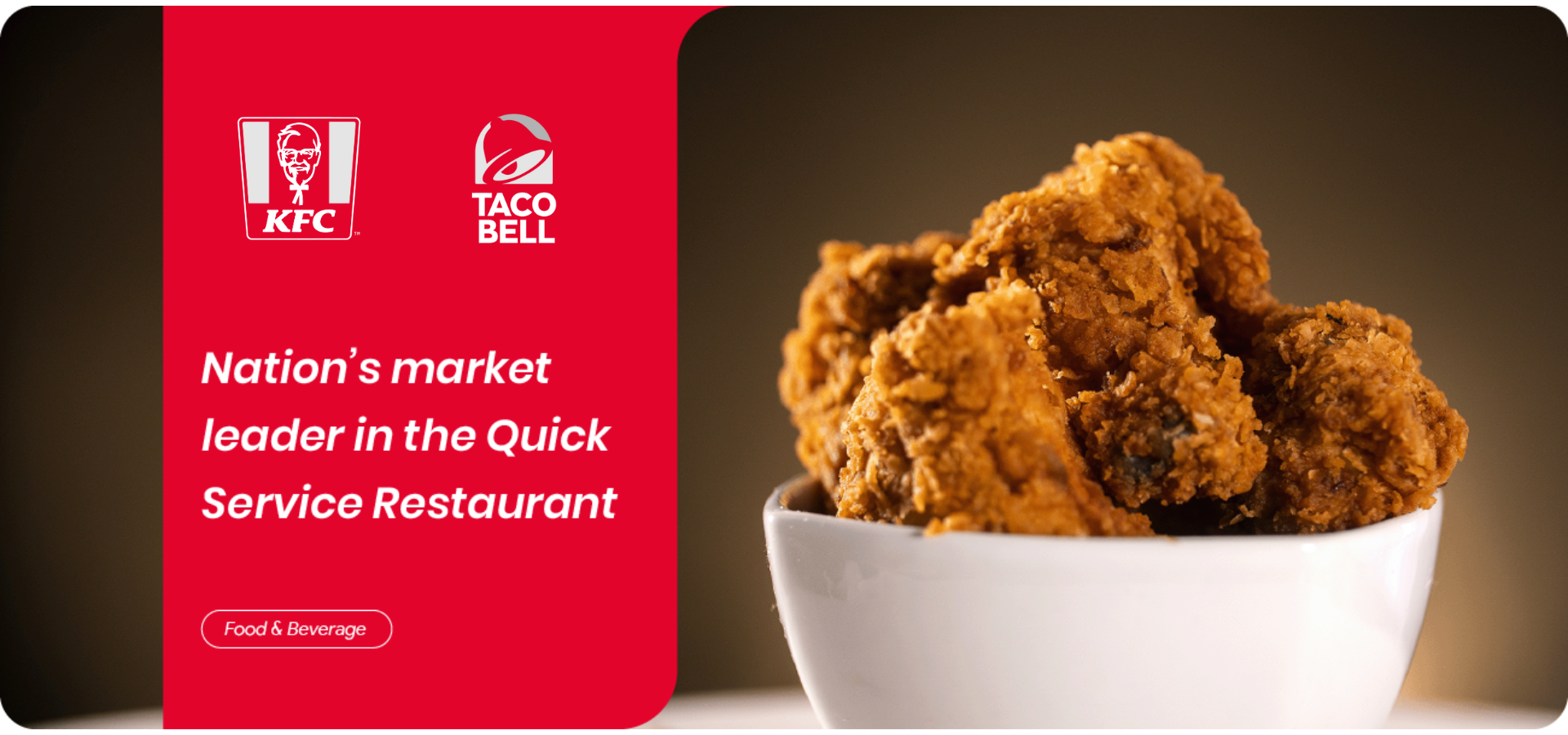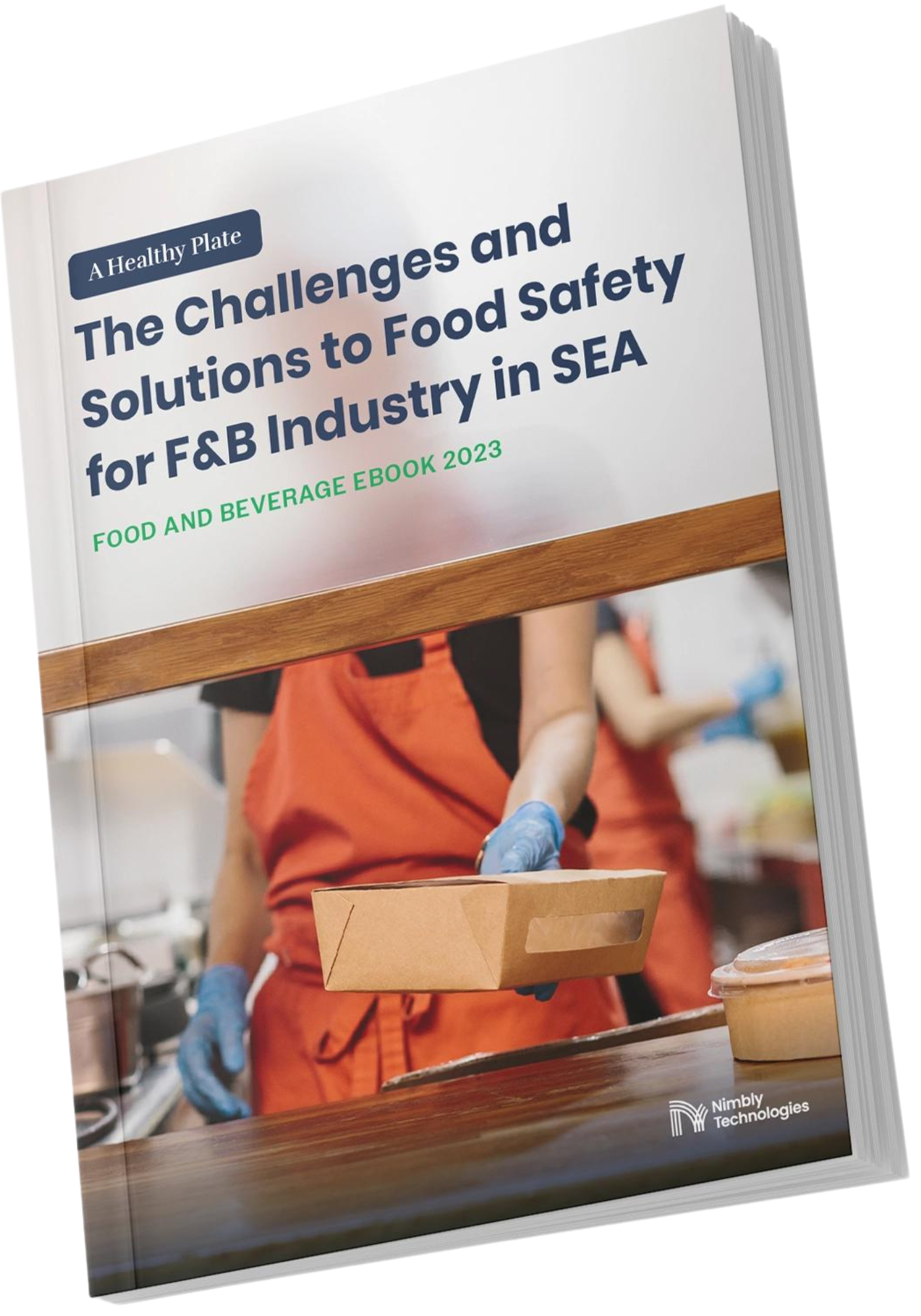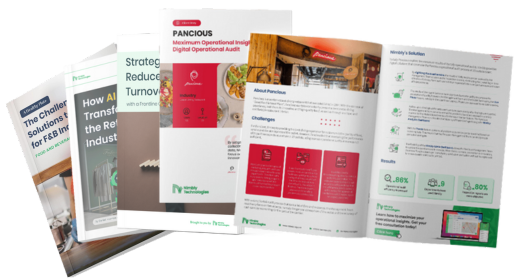

When you open any food and beverage business, you want to make people keep coming or buying. One key to achieving customer loyalty like this is food consistency. When customers taste food and beverage they like, they will want the same experience. Consistency is important, especially if you want to build a specific brand identity.
Consistency is a requirement in any industry that involves food and beverages. Maintaining food consistency means ensuring that every dish or product has the same taste, look, aroma, and texture. Every customer should get the same experience when they enjoy the food and drink.
Is food consistency and texture the same thing?
Both terms are often used interchangeably, but technically, food consistency covers wide grounds than texture. Regarding texture, we are talking about physical sensations and properties when the food is in the mouth and hands. Meanwhile, food consistency includes smell, color, aroma, taste, aftertaste, size, portion, and texture.

Maintaining food consistency is important in food and beverage businesses. Here are good reasons to invest and work hard in consistency if you run a food and beverage business.
Customer satisfaction is key for a successful FnB business. Food consistency helps to ensure that customers receive the same high-quality meal each time they visit the establishment. Customers will always expect to taste the same flavor, texture, aroma, and portion or size whenever they return. Keeping your products consistent (alongside high quality) will give customers positive impressions about your business. When customers know what to expect from a restaurant, they are more likely to return and recommend it to others. This helps to establish a restaurant's reputation, which is crucial for building a loyal customer base. By providing consistent quality, restaurants are more likely to retain customers and attract new ones.
One of the keys to branding strategy is recognition. Consistency in your food/drink products or dishes creates specific characteristics that your customers associate with your name. They will commit the characteristics in memory and connect them to your branding identity.
Consistency in food quality, preparation and presentation can help a restaurant to build its brand, and establish it as a reputable establishment. This can help to attract new customers and increase revenue. In addition, a consistent menu and quality food can be used as a tool for marketing and advertising the restaurant.
FnB businesses are known for having a high standard. Consistency ensures that your business always follows professional standards and regulations. It is also important to apply food safety in every serving or sale.
Ensuring that the food is cooked to the appropriate temperature and that proper sanitation practices are followed, can help to prevent food-borne illness and protect customers from food-related health hazards. Consistency in food preparation also helps to ensure that the ingredients are fresh and safe to consume.
Whether you have a food factory or restaurant, efficiency is important in production or traffic. You can achieve efficiency in time, energy, and money by ensuring consistency. Applying specific steps to achieve food consistency will make your operation more efficient because everything is on point, standardized, and precise.
When food is prepared in the same way each time, staff can work more efficiently and produce food faster. It also helps to reduce the chances of errors, such as forgetting an ingredient or using the wrong portion size. This can help to improve the overall operation of the kitchen and increase productivity.
Finally, consistency is important in managing business costs without reducing quality. You and your employees only need to follow specific, pre-planned, standardized steps to ensure quality. This consistency helps in creating better business and cost planning.

Maintaining and improving consistency requires strong implementation in operational strategy. Here are some common steps to ensure food consistency:
Food and beverage businesses operate by following formal standards, regardless of location. Make sure to refer to standardized steps and strategies. To keep your business consistent and safe, invest in following every standard and regulation.
Simplifying steps is different from taking shortcuts. Here, you strive to achieve the best results using efficient steps. For example, when creating recipes, try to consider spice availability, location, and other factors, so you can always serve the same dish to different customers.
Do not skimp in training your staff. Ensure every employee receives adequate training and orientation, so everyone is on the same page. If your business requires specialists, ensure prospective employees have proper backgrounds or certifications.
When you find recipes customers love, emphasize them in your staff’s mind and instinct. Show them how to reproduce the recipes properly and provide references. Make sure to reduce the “free handling” in the kitchen, no matter how professional or skilled your staff members are.
Periodically, business owners should measure the level of customer satisfaction. You can achieve this by monitoring several variables, such as the number of dishes ordered, customer reactions and comments on social media, and suggestions or complaints.
Food consistency is crucial for foodservice operators as it ensures that customers receive the same high-quality food every time they visit. Consistency in food preparation and presentation helps to build customer loyalty, increases customer satisfaction, and ultimately leads to repeat business. Additionally, consistent food quality can help to build a strong reputation for the foodservice operation, which can attract new customers. Consistency is a critical aspect of the foodservice industry and must be continuously monitored and maintained to ensure that customers receive the best possible dining experience.
